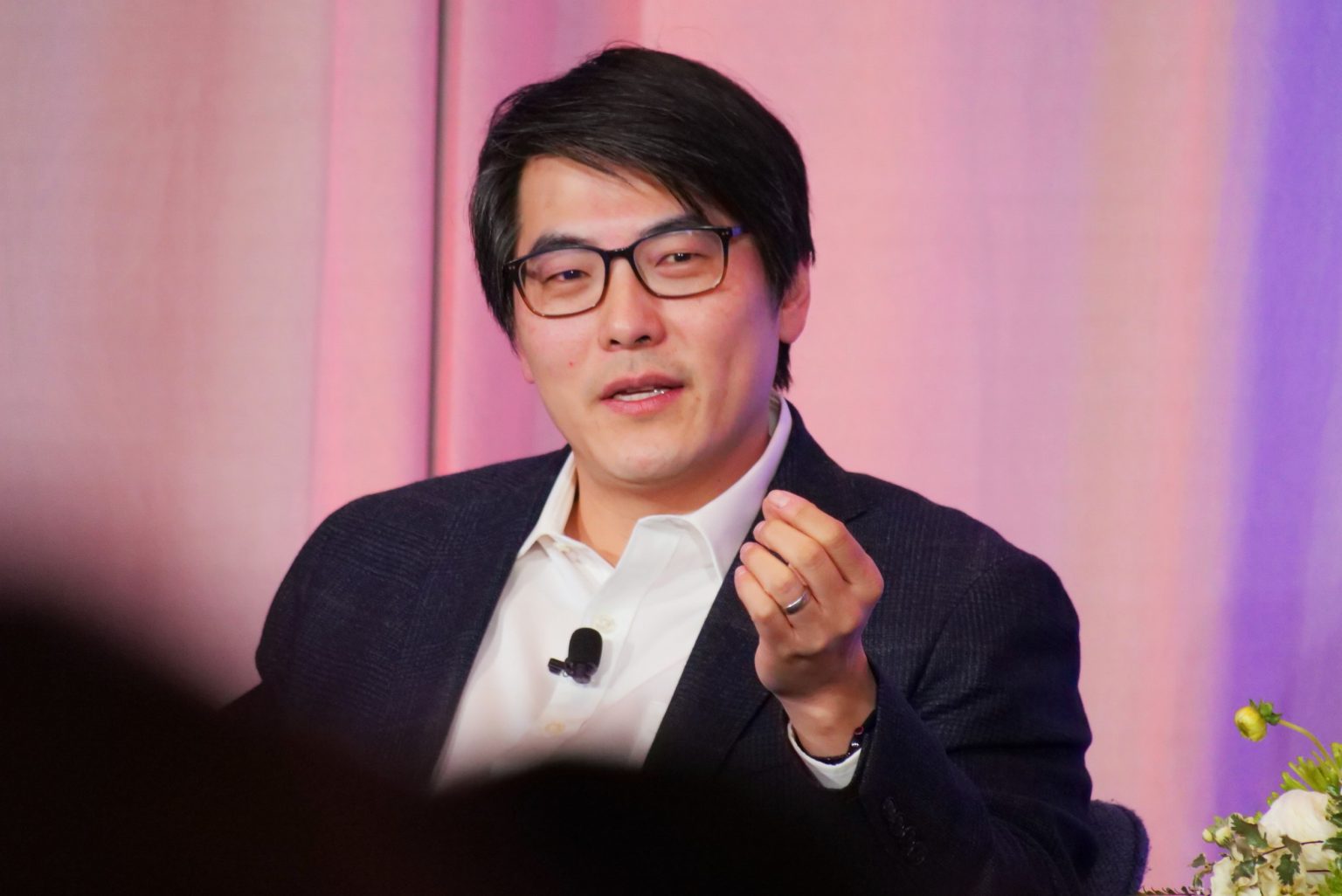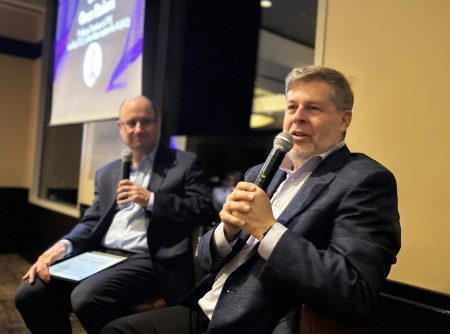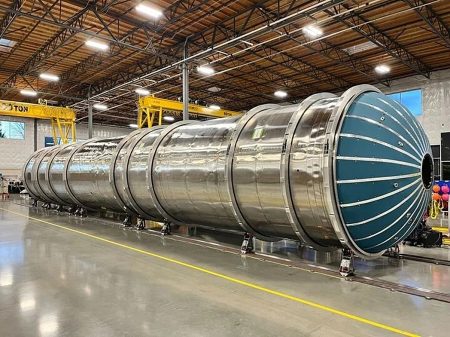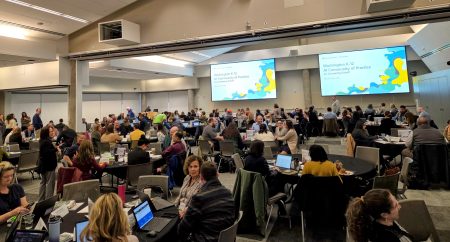OpenAI’s Strategy Chief Offers Insights for Startups in the AI Era
In a thought-provoking appearance at Madrona’s IA Summit in Seattle, Jason Kwon, OpenAI’s chief strategy officer, offered valuable guidance for entrepreneurs navigating the rapidly evolving artificial intelligence landscape. With tech history littered with examples of dominant players disrupting smaller innovators—like Apple’s Sherlock overtaking the third-party Watson utility or Microsoft’s Internet Explorer bundling that crushed Netscape Navigator—today’s AI startups face similar existential questions about competing in OpenAI’s shadow. Kwon’s advice was refreshingly pragmatic: focus on specialized applications, vertical domains, and unique product experiences where OpenAI is unlikely to venture deeply. Rather than simply patching current AI model limitations through fine-tuning or data collection, he suggested entrepreneurs should anticipate model improvements and create solutions delivering genuine value in specialized niches. Manufacturing processes with highly specific technical challenges, for instance, lie far from OpenAI’s core mission and represent promising territory for startups.
Understanding OpenAI’s fundamental mission helps entrepreneurs navigate this complex landscape. Kwon emphasized that the company’s pursuit of artificial general intelligence (AGI)—AI systems with human-level capabilities across diverse tasks—shapes every strategic decision they make. “If it’s on the critical path to general intelligence, that’s something we’re going to be interested in,” he explained during his conversation with Madrona partner Vivek Ramaswami. “If it’s not, by definition, we’re going to be less interested.” This singular focus clarifies seemingly puzzling initiatives like OpenAI’s Sora video-generation model. Beyond being a standalone product, Sora represents a crucial step toward AGI by helping AI systems understand the physical world through video rather than just text. Kwon suggested that representing reality as moving simulations might prove essential for teaching AI to reason more like humans—illustrating how OpenAI’s product decisions consistently align with their AGI roadmap.
The business economics of AI formed another fascinating dimension of Kwon’s discussion. He revealed that ChatGPT has achieved profitability in most markets when measured on a compute-margin basis—the gap between the chatbot’s revenue and its direct model operating costs. However, OpenAI as a whole remains far from profitable, primarily due to massive investments in compute capacity and ongoing research initiatives. For startup founders, Kwon stressed the importance of deeply understanding unit economics: “If you’re doing well on the basis of how much you pay for compute, and how much you get per unit of delivery, and you’re positive on that, then you’re actually deriving more value out of the core input than you’re paying for.” This compute-centric perspective on business viability offers entrepreneurs a crucial lens for evaluating AI ventures, especially given the expectation that compute costs will gradually decrease over time.
Kwon also provided insights into OpenAI’s recent e-commerce initiatives, including their Stripe integration that enables transactions directly within ChatGPT. Rather than competing head-on with established players like Amazon, he framed this development as part of a broader vision to facilitate transactions and create platforms for other companies to build upon. When users inquire about products, ChatGPT can now display results and sometimes enable direct purchases within the chat interface, while merchants handle payment processing and shipping logistics. This functionality represents an early glimpse of how reasoning capabilities can transform AI systems into agents that don’t merely provide information but take concrete actions on users’ behalf. The implications for commerce are substantial, suggesting a future where AI assistants seamlessly handle transactions as natural extensions of conversations.
The organizational challenges of managing explosive growth formed another compelling aspect of Kwon’s discussion. Since ChatGPT’s debut in November 2022, OpenAI has transformed from a company of roughly 200 employees to one that has tripled its headcount annually. Navigating such dramatic expansion requires unwavering focus on core priorities, something Kwon attributes to CEO Sam Altman’s leadership approach. At company-wide meetings, Altman consistently emphasizes two fundamental priorities above all else: research and compute. This clear articulation of values provides essential clarity amid the organization’s rapid growth and increasing external pressures. “It centers the company,” Kwon explained, highlighting how this focused vision helps maintain organizational coherence despite the whirlwind of expansion, public attention, and competitive pressures that have accompanied OpenAI’s rise to prominence.
The conversation with Kwon offers a rare window into the strategic thinking of one of AI’s most influential organizations during a pivotal moment in technological evolution. For entrepreneurs, the message is nuanced—while OpenAI’s pursuit of AGI creates significant competitive challenges, it also creates well-defined spaces where startups can thrive by focusing on specialized applications beyond OpenAI’s central mission. Rather than competing directly with foundational model providers, the most promising paths forward involve building distinctive applications that leverage these models while delivering unique value in specialized domains. As AI capabilities continue advancing at remarkable speed, understanding both the technological trajectory and the business dynamics of the field becomes essential for anyone hoping to build sustainable ventures in this transformative era. Kwon’s insights suggest that despite legitimate concerns about big players dominating the AI landscape, thoughtful entrepreneurs can still find substantial opportunities by carefully positioning themselves in relation to the industry’s evolving giants.















